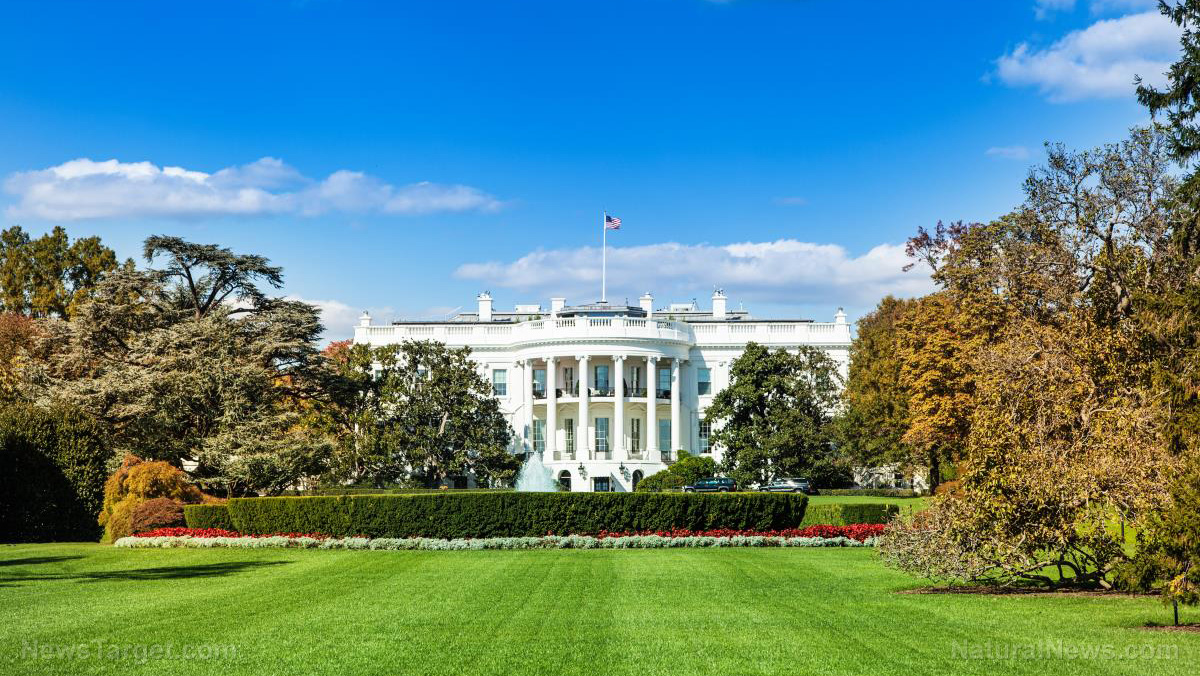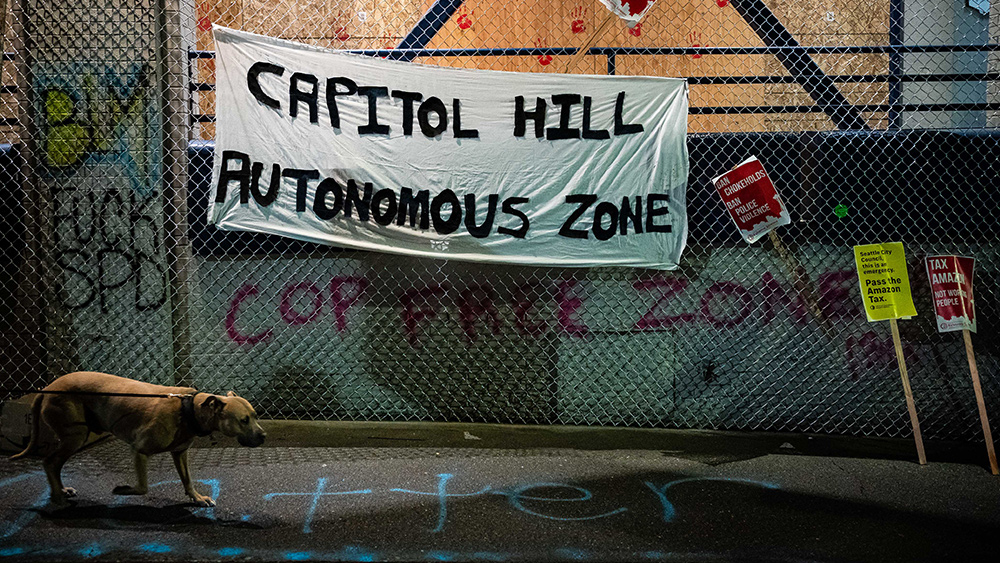
The communist nations of China and Cuba have reached a clandestine agreement for Beijing to establish an espionage facility on the island.
China's proposal involves the construction of an electronic eavesdropping facility in Cuba, roughly 100 miles from Florida, which would allow Chinese intelligence services to easily monitor American ship traffic and scoop up electronic communications throughout the southeastern United States, which incidentally is home to many critical military bases. (Related: Chinese spy balloon collected intelligence from military sites and transmitted it to Beijing in real time.)
The headquarters of U.S. Central Command, which oversees U.S. military activities in the Middle East, Central Asia and South Asia, is at MacDill Air Force Base in Florida. One of the Army's largest military installations, Fort Liberty, formerly Fort Bragg, is in North Carolina.
Officials familiar with the agreement who spoke with the Wall Street Journal claim that China has agreed to pay the cash-strapped and isolated Cuba several billions of dollars to allow the construction of the eavesdropping station and that the two nations have reached an agreement in principle.
The Wall Street Journal also spoke with several U.S. officials who described the intelligence on the planned Cuba site as convincing. They noted that the base would enable China to conduct signals intelligence, which could include monitoring a wide range of communications, including phone calls, satellite transmissions and emails.
The officials the news outlet spoke to declined to provide any more details about the proposed listening station, including its location or whether construction had already begun.
These same officials noted that it is difficult to determine what, if anything, the administration of President Joe Biden can do to stop the completion of the facility.
Cuba, White House deny report of possible Chinese spy base on island
In Havana, Cuban Vice Foreign Minister Carlos Fernandez de Cossio dismissed the report as "totally mendacious and unfounded," calling it an American fabrication meant to justify Washington's decades-old economic embargo against the island. He claimed that Cuba rejects all foreign military presence in Latin America and the Caribbean.
Even the White House has denied the accuracy of Wall Street Journal's reporting. Spokesman for the National Security Council John Kirby claimed it "is not accurate."
"We remain confident that we are able to meet all our security commitments at home and in the region," he said, without specifying what the White House believed was incorrect with the reporting. Kirby added that the White House is concerned about China's relationship with Cuba and was closely monitoring any developments in this field.
Department of Defense Press Secretary Brig. Gen. Patrick Ryder also dismissed the report, saying the Pentagon is "not aware of China and Cuba developing a new type of spy station."
A spokesperson for the Chinese Embassy in Washington, D.C. refused to comment on the report.
While both Cuba and the White House deny the claim, a joint statement from the Senate Intelligence Committee notes that top lawmakers are convinced. They wrote that a Chinese eavesdropping facility in Cuba would pose a "serious threat to our national security and sovereignty" and urged Biden and his administration to take action.
"We are deeply disturbed by reports that Havana and Beijing are working together to target the United States and our people," wrote Chairman Sen. Mark Warner of Virginia and Vice Chairman Sen. Marco Rubio of Florida.
If China ends up admitting to the existence of the eavesdropping facility, analysts noted that Beijing would easily argue that the base is justified because of U.S. military and intelligence activities close to China, including military aircraft flights over the South China Sea and engaging in electronic surveillance against Chinese vessels and bases in the international waters, which the Chinese Communist Party claims as its sovereign territory.
China will also likely use the example of Taiwan, to which the U.S. regularly sells arms and military vehicles, deploys a small number of troops there to train its military and regularly sails U.S. Navy ships through the Taiwan Strait in shows of force.
An eavesdropping facility so close to the American mainland would make clear that "China is prepared to do the same in America's backyard," warned Craig Singleton, a senior fellow at the national security think tank the Foundation for Defense of Democracies.
"Establishing this facility signals a new, escalatory phase in China's broader defense strategy. It's a bit of a game changer," he added. "The selection of Cuba is also intentionally provocative."
Learn the latest news from socialist nations like China and Cuba at Communism.news.
Watch this clip from the "Worldview Report" as host Brannon Howse and guest David Pyne discuss the report of China building a spy base in Cuba.
This video is from the Worldview Report channel on Brighteon.com.
More related stories:
GOP lawmakers question regulators about China's access to US financial data via trading platforms.
DHS invites communist state sponsor of terrorism to tour US maritime security facilities.
Sources include:
Please contact us for more information.















